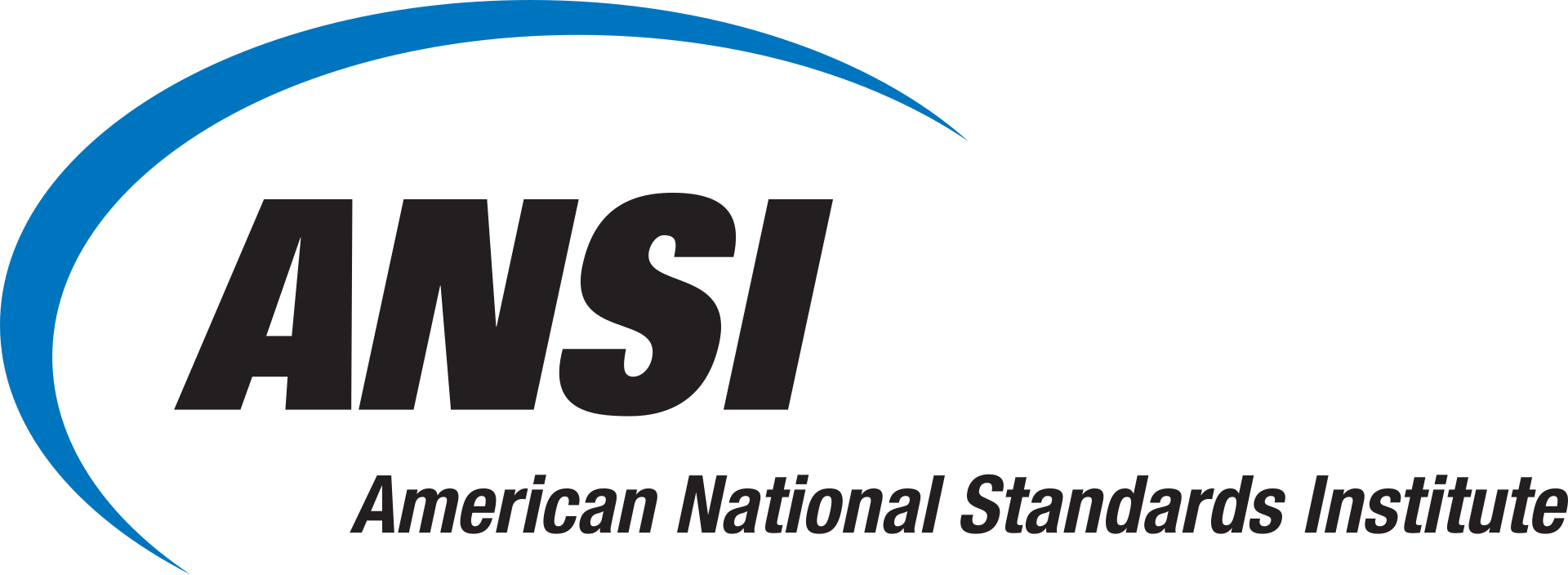The Value of ISO Standards for Insurance Companies

The insurance industry operates within a complex landscape of risk assessment, financial security, and customer trust. To establish a competitive advantage and deliver exceptional insurance solutions, insurance companies can adhere to internationally recognized standards that assure regulatory compliance and customer satisfaction. ISO standards, such as ISO 9001 (quality management), ISO 27001 (information security), and ISO 22301 (business continuity), can be beneficial for insurance companies, improving operational efficiency, data security, and risk management.
What Is the Insurance Industry?
By providing insurance contracts, also known as policies, the insurance industry provides financial protection against potential losses or damages. The insurance industry encompasses companies that offer financial protection against risk, providing a wide range of products including life insurance, health insurance, and property and casualty insurance, among others. Insurance companies collect premiums (fees) from individuals and businesses in exchange for covering specific risks or events outlined in the policy. Insurance companies invest these premiums to generate returns that help cover claim payments and operational cost. But, the primary source of revenue for insurance companies is the premiums they collect from policyholders (i.e., the owner of the insurance policy).
The insurance industry is highly regulated to assure consumer protection, financial stability, and ethical practices. Adherence to ISO standards in the insurance industry helps guarantee best practices.
ISO Standards in the Insurance Industry
In the insurance industry, ISO standards, particularly ISO 9001, ISO 27001, and ISO 22301, can help assure quality, security, and business continuity.
- ISO 9001 (Quality Management Systems): This standard helps insurance companies establish a quality management system that assures consistent service quality, customer satisfaction, streamlined operations, and continuous improvement. Embracing ISO 9001 aids insurance firms in establishing a robust quality management framework as well as adhering to customer requirements and regulatory standards.
- ISO 27001 (Information Security Management Systems): Given the sensitive nature of confidential data handled by insurance companies, this standard is critical for managing the security of assets like financial information, intellectual property, and client data. Adhering to ISO 27001 allows insurance firms to identify and mitigate information security risks, guard against data breaches, and comply with pertinent data protection regulations.
- ISO 22301 (Business Continuity Management Systems): This standard focuses on assuring the resilience and continuity of business operations in the event of unforeseen disruptions or disasters. By embracing ISO 22301, insurance firms can develop robust continuity plans, ensuring seamless services even during adverse scenarios. This standard enhances client trust, strengthens brand reputation, and minimizes the impact of business interruptions.
Compliance to these ISO standards positions insurance companies as dependable partners.
Advantages of Complying to ISO Standards in the Insurance Industry
ISO 9001, ISO 27001, and ISO 22301 help companies streamline operations, enhance customer satisfaction, and manage risks effectively. Other advantages of implementing these ISO standards include instilling customer trust, safeguarding sensitive information, improved operational efficiency, and better compliance with legal and regulatory requirements.
By harnessing the power of ISO standards, insurance businesses can solidify their position as a leader in the industry.






